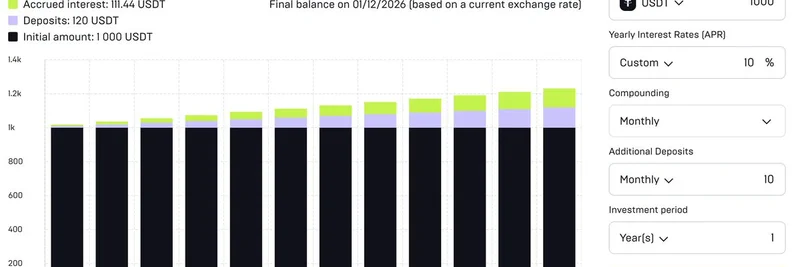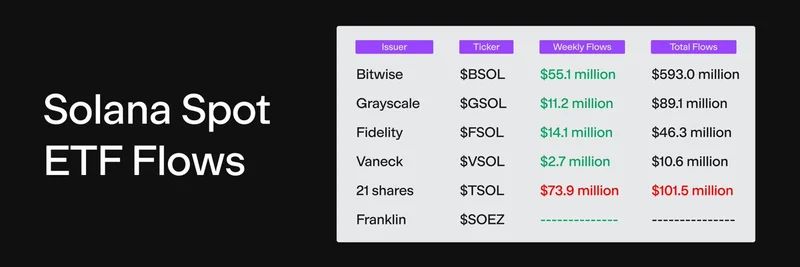In the wild world of crypto, where prices can swing like a pendulum on steroids, reliable data is everything. But what happens when the systems feeding that data have blind spots? A recent tweet from crypto commentator MartyParty has stirred up a storm, pointing fingers at oracle providers and their potential weaknesses. Let's dive into what went down and why it matters, especially for meme token enthusiasts.
The Backdrop: October 10, 2025 Crypto Crash
Just a day before the tweet dropped, the crypto market endured one of its most brutal shakeouts. Triggered by U.S. President Donald Trump's announcement of steep tariffs on Chinese imports, Bitcoin plummeted over 8% to around $111,000, while Ethereum tanked more than 15% below $3,800. The carnage led to over $19 billion in liquidations across the board, with more than 1.6 million traders getting wiped out in 24 hours.
Centralized exchanges (CEXes) buckled under the pressure. Many went down or experienced severe glitches, blocking orders, freezing apps, and even showing fake prices. Here's a snapshot of the chaos:
As seen in this compilation from X posts, heavyweights like Binance, Coinbase, and Kraken all faced outages, with futures trading frozen and APIs failing. Only Bybit seemed to hold steady. This wasn't just inconvenient—it amplified the panic, as traders couldn't execute moves during the volatility.
MartyParty's Bombshell Tweet
Enter MartyParty, a well-known crypto analyst and host of "The Office Space" podcast. On October 11, he posted: "A prominent oracle provider just admitted there is no regulator, no auditor, no verification of the price of crypto assets they receive from weighted centralized crypto exchanges and broadcast it to every DEX, Dapp, exchange and endpoint in the crypoverse."
He went on to explain that the entire perpetual futures market relies on this data. If a CEX sends a bogus price—like Bitcoin at $0—the oracle might pass it along unverified, potentially cascading failures across platforms, including Hyperliquid. MartyParty called it a "single point of failure," and boy, did it resonate. The tweet racked up over 27,000 views, 550 likes, and sparked heated replies.
From the context, fingers point toward providers like Pyth Network, often criticized for past glitches and exploits. Chainlink fans jumped in to defend their favorite, noting it aggregates data from multiple sources to mitigate risks. One reply quipped, "Decentralization is only as strong as its weakest oracle." Others dismissed the claim as overblown, but the discussion highlighted a core issue: oracles are the bridges between off-chain data (like CEX prices) and on-chain apps.
For the uninitiated, oracles are like the messengers in crypto. They fetch real-world data—stock prices, weather, or in this case, crypto asset prices—and feed it to smart contracts on blockchains. Without them, DeFi couldn't function. But if they're pulling from flawed sources without checks, it's a recipe for disaster.
Implications for Meme Tokens and DeFi
Now, why should meme token holders care? Meme coins thrive on hype, volatility, and quick trades, often on decentralized exchanges (DEXes) like Uniswap or platforms with perps like Hyperliquid. These rely heavily on oracles for accurate pricing. During the crash, reports surfaced of oracle delays and misfeeds—Jupiter on Solana had routing issues, and perp oracles were allegedly DDoS'd, causing wicked price wicks.
Imagine pumping your favorite dog-themed token, only for an oracle glitch to trigger unfair liquidations or depeg stablecoins. It's not hypothetical; past incidents like the UwU Lend exploit in 2024 showed how manipulated oracles can drain millions. For meme tokens, which often have thin liquidity, a bad feed could amplify rugs or flash crashes.
MartyParty's earlier research tweet nailed it: Blockchains handled the volume fine, but centralized price sources (oracles included) faltered. His advice? "Buy crypto and move to self custody. Get it away from centralized entities." Solid tip—decentralization is crypto's superpower, but oracles remain a chokepoint.
Community Reactions and the Bigger Picture
The replies were a mix of agreement, defense, and memes. One user posted, "Infrastructure is broken," while a Chainlink supporter argued, "It aggregates data across all exchanges." Even legal angles popped up, with suggestions that a market structure bill could prevent such messes.
This isn't new; the "oracle problem" has plagued blockchain since day one. Solutions like multi-source aggregation (Chainlink's forte) or on-chain verification are evolving, but events like this crash expose gaps. For meme token projects, integrating robust oracles could mean the difference between mooning and dooming.
If you're building or trading in the meme space, keep an eye on oracle reliability. Tools like De.Fi Antivirus or audits can help spot risks early. And remember, in crypto, knowledge is your best hedge.
Check out the original tweet here for the full thread and join the debate. What's your take on oracle vulnerabilities? Drop it in the comments below.


